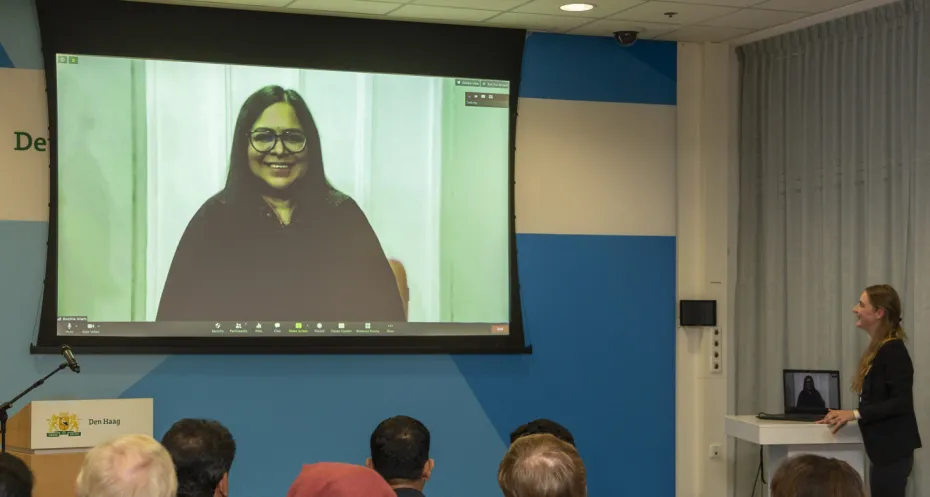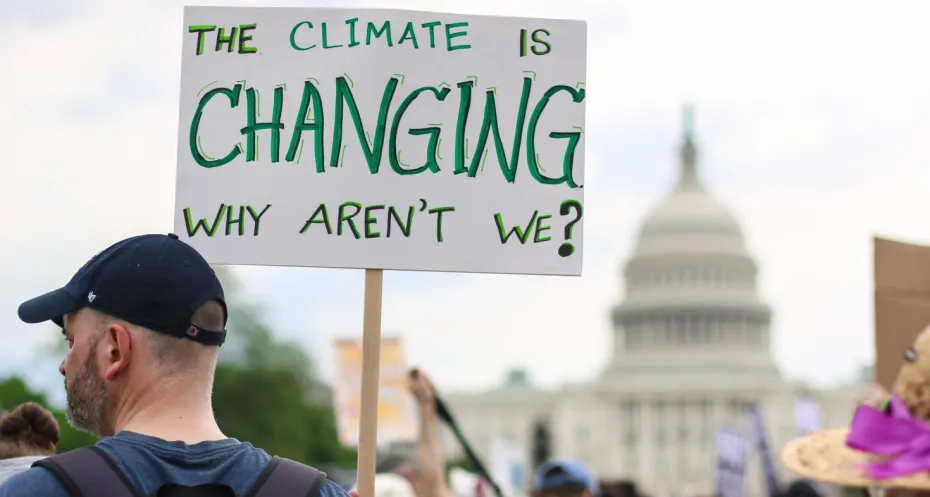Stop the legal harassment of journalists in Bangladesh

Free Press Unlimited, ARTICLE 19 and IFEX issue a joint statement to express their concern about the legal harassment of journalists in Bangladesh, and urge the authorities to take action.
We, the undersigned organizations, are seriously concerned about the increase of legal harassment, censorship and misuse of the law in a broader crackdown on press freedom in Bangladesh. Illustrative of this trend are the recent charges against a journalist and editor of Prothom Alo.
In the past months, Prothom Alo, an independent news organization with one of the largest circulated newspapers in Bangladesh, has experienced different forms of legal harassment against several of its journalists. On March 29th, Matiur Rahman, the Editor of Prothom Alo, and assistant cameraman Samsuzzaman Shams were sued under the controversial Digital Security Act (DSA) 2018, a law that is known to curb online free expression in Bangladesh. The police have not yet provided any further information on the substance of these allegations, but the court has issued an order for Matiur Rahman to appear before the Metropolitan Sessions Judge’s Court in six weeks and urged him to seek bail.
This legal harassment takes place in a highly intimidating context that Prothom Alo journalist Rozina Islam has been a victim of since early 2021. Charged under a different, (yet as contested) law, the Official Secrets Act 1923, several press freedom and human rights organizations have previously called on the Bangladeshi authorities to respect her fair trial rights.
Misuse of the law
The DSA has been labeled “draconian” by human rights organizations and has been heavily criticized since its introduction by the international community. In a statement on March 31st 2023 Volter Turk, the UN High Commissioner on Human Rights, explicitly expressed his concerns about the DSA being used across Bangladesh to harass and intimidate journalists and human rights defenders and to muzzle critical voices online. Since its enactment in 2018, more than 2,000 cases have been brought under this digital law.
The DSA 2018, which came into force amid serious democratic decline in Bangladesh, contains overly broad and vague provisions, which gives the government wide discretion in its enforcement. On top of that it grants authorities absolute power to initiate investigations into anyone whose activities are considered as a threat.
This weaponization of the DSA and the above-mentioned exemplary cases against Prothom Alo journalists are illustrative of a broader trend whereby laws are increasingly misused to intimidate and silence journalists in Bangladesh. This is in line with a broader crackdown on press freedom whereby (opposition) newspapers, such as Dainik Dinkal, have been shut down and journalists have been facing severe forms of violence, both online and offline.
We therefore call on the Bangladeshi authorities to:
- Immediately drop the charges against Prothom Alo journalists Matiur Rahman and Samsuzzaman Shams;
- Continue to respect Rozina Islam’s fair trial rights;
- Refrain from (mis)using laws, such as the Digital Security Act, against independent journalists;
- Bring the Digital Security Act in line with requirements of international human rights law, specifically by engaging the High Level Panel of Legal Experts on Media Freedom and requesting this independent expert committee to make legal recommendations specifically for this law;
- Prevent further harassment and abuse, whether it be legal, mental or physical, against journalists. Particularly in light of the upcoming elections, media and journalists need to be able to function and fulfill their public duty during this crucial period without fear or violence.



